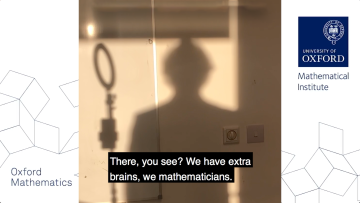Nonlinear Independent Component Analysis: Identifiability, Self-Supervised Learning, and Likelihood
Abstract
Unsupervised learning, in particular learning general nonlinear representations, is one of the deepest problems in machine learning. Estimating latent quantities in a generative model provides a principled framework, and has been successfully used in the linear case, especially in the form of independent component analysis (ICA). However, extending ICA to the nonlinear case has proven to be extremely difficult: A straight-forward extension is unidentifiable, i.e. it is not possible to recover those latent components that actually generated the data. Recently, we have shown that this problem can be solved by using additional information, in particular in the form of temporal structure or some additional observed variable. Our methods were originally based on "self-supervised" learning increasingly used in deep learning, but in more recent work, we have provided likelihood-based approaches. In particular, we have developed computational methods for efficient maximization of the likelihood for two variants of the model, based on variational inference or Riemannian relative gradients, respectively.


